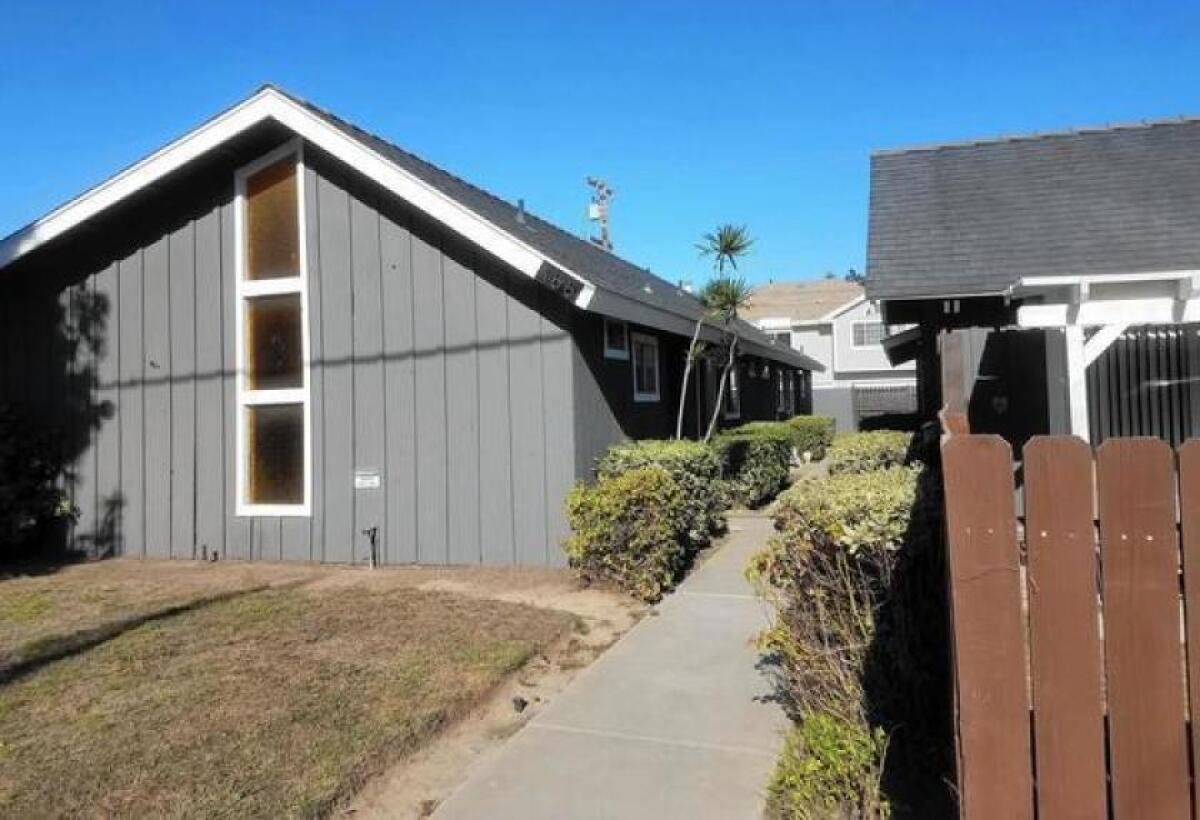Huntington Beach to create laws regulating sober-living homes in neighborhoods

- Share via
After years of taking a wait-and-watch position, the city of Huntington Beach is taking its first steps in creating local laws designed to keep sober-living homes from clustering in residential areas.
With a unanimous vote Monday night, the City Council requested that City Attorney Michael Gates draft one or more ordinances by Oct. 21 that would “strike an appropriate balance” among the interests of the city, residents and those who receive assistance from sober-living homes.
Huntington Beach will look to Costa Mesa, which adopted two ordinances in 2014 and 2015 that created new rules for sober-living homes. To operate in Costa Mesa, such facilities must obtain conditional use permits and be at least 650 feet from one another in residential areas. Officials have said the buffer requirement is intended to keep the facilities from grouping in neighborhoods.
Similar rules are proposed in Huntington Beach, according to Councilman Patrick Brenden, who proposed the idea with Mayor Erik Peterson.
In Huntington’s case, facility operators would have to meet a 650-foot buffer rule to receive a city permit and would have to comply with the city’s zoning, building and penal codes and standard rules regulating noise, smoking and medication storage. They also would have to provide 48-hour eviction notice.
Gates said in an interview Tuesday that an ordinance has already been drafted but may change based on suggestions by the council.
The vote marks the first time the city is taking legislative action to address such facilities in residential zones after years of watching how Laguna Beach, Newport Beach and Costa Mesa have fared with their ordinances. Costa Mesa has succeeded in court when challenged by sober-living home operators.
“This council has been working on this for a long time,” Peterson said. “We’ve done so many different things and we do take a position of watch a lot because we are out there a lot defending the people of this city or defending the city itself and we don’t want to overdo it.”
Residents have complained about sober-living homes popping up in their neighborhoods and ruining their quality of life, citing debris, noise and congested parking.
Sober-living homes typically house recovering alcoholics and drug addicts who are considered disabled under state and federal laws and must be provided with certain accommodations for housing.
Generally, such facilities that are providing treatment require a license from the state, but city officials have said little can be done about sober-living homes with six or fewer residents that don’t offer treatment, are zoned residential and don’t require a license because they’re classified as “regular households.”
Mayor Pro Tem Lyn Semeta said she’s pleased that the city is pursuing a solution that may work both for local residents and people who need help with recovery.
All the latest on Orange County from Orange County.
Get our free TimesOC newsletter.
You may occasionally receive promotional content from the Daily Pilot.










